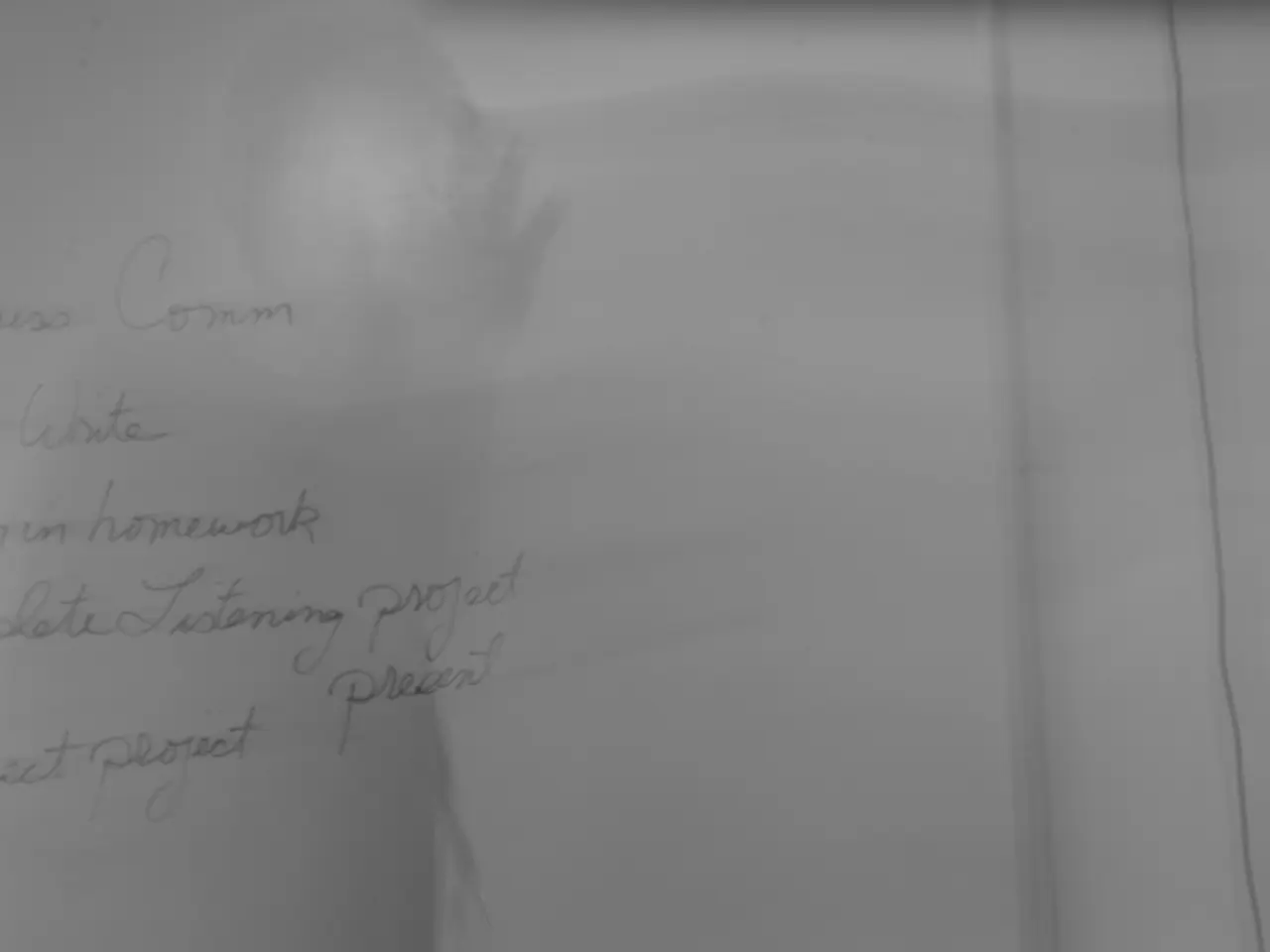The EU-Mercosur partnership's potential for takeoff remains uncertain?
The EU-Mercosur Partnership Agreement, aimed at creating the world's largest free trade zone, has stirred controversy within the European Union. This political agreement, involving four South American countries - Argentina, Brazil, Paraguay, and Uruguay - has been proposed for ratification by the European Commission. However, it faces opposition from farmers, environmentalists, certain groups in the European Parliament, and several member states, including France, Poland, and Italy.
These sceptical member states express concerns over the potential impact on their agro-industrial sectors. The EU-Mercosur Agreement could lead to the elimination or significant reduction of tariffs on various goods, including cars (currently taxed at 35%), wines and spirits (up to 35%), cheese (28%), machinery (up to 20%), among others.
The agreement represents a market of 780 million consumers and 25% of world trade. Karel Lanoo, chief executive of the Centre for European Policy Studies, believes that the agreement is necessary to become a more important trading partner for Latin America, given the increased reliance on China as a trading partner in the region.
However, the ratification process is not straightforward. The EU-Mercosur Agreement requires approval by the EU Council and the European Parliament for the trade part, with additional approval by national parliaments of EU member states for the political and cooperative part. At least 15 member states, representing 65% of the EU population, must vote in favour for the trade agreement for it to enter into force.
The European Commission has attempted to expedite the ratification process by separating the trade part from the political one. However, this solution has been criticized, as evidenced by a drafted resolution from a group of left-wing MEPs aiming to block the ratification process before the European Court of Justice.
The agricultural sector is a significant critic of the agreement. The European Commission has added safeguards, including quotas and a €6.3 billion fund, to help farmers affected by market crises. Yet, these measures have not entirely quelled the opposition.
The EU-Mercosur Agreement could also significantly impact EU industry by providing access to essential raw materials. On the other hand, the EU could be seen as an unreliable partner due to the almost scandalous EU-US trade agreement that will raise tariffs to 15% on around 70% of EU goods exported to the US.
As the ratification process unfolds, it remains to be seen whether the EU-Mercosur Agreement will become a reality, or if opposition will prevail, potentially altering the course of EU-South American trade relations.
Read also:
- United States tariffs pose a threat to India, necessitating the recruitment of adept negotiators or strategists, similar to those who had influenced Trump's decisions.
- Weekly happenings in the German Federal Parliament (Bundestag)
- Southwest region's most popular posts, accompanied by an inquiry:
- Discussion between Putin and Trump in Alaska could potentially overshadow Ukraine's concerns







